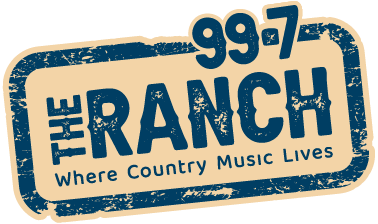Note: This story was clarified to note that the city of Cold Lake does not have a bylaw in place, but they follow provincial legislation that is already in place across Alberta.
The city of Cold Lake has decided against participating in a provincial pilot project allowing golf carts and other mini vehicles on public roads, citing safety concerns and a lack of suitable infrastructure.
The issue came after the city looked for clarity from the province on regulations for enclosed electric scooters, like the GIO, which some residents use for mobility.
“Although some companies market them as mobility devices, they are much larger, heavier, and faster than what is commonly known as a mobility aid,” said Copeland. Under current laws, golf carts and similar mini vehicles are not allowed on public roads. While the province’s pilot project offers framework for regulating their use, the city has decided not to participate.
“We cannot support GIOs, or any other mini vehicle, driving up and down the highway between Cold Lake North and South. They also cannot safely use the Millennium Trail.”
The decision has sparked debate from some residents including Rev. Jeremy Willment, worship director at Harbor Light Alliance Church. Willment, who is legally blind, relies on a GIO for transportation and sees the existing legislation unfairly targets GIO vehicles noting that only three residents use them on a daily. He sees it as discrimination against a small group of individuals.
“I’m a GIO owner and I own it because I am no longer allowed to drive because I am legally blind. But legally blind doesn’t mean I can’t see,” said Willment. “But it means that I am not legal to drive a motorized vehicle anymore on the highways.”
Willment explained that he needs an enclosed scooter due to neuropathy and extreme cold temperatures, which affect his ability to use open mobility devices. He also expressed the provincial legislation’s impact, explaining that as a pastor he relies on his GIO mobility scooter for quick responses to urgent calls, such as providing end-of-life care. Without it he is unable to perform his duties as efficiently.
He and other GIO owners plan to challenge the legislation and have a delegation at the February 25 council meeting.
“If federally we are sanctioned as a mobility scooter or a mobility aid with these GIOs, then for a local government like this to supersede that and try to change the classification, legally they can’t,” said Willment. “If they continue, I do believe that those of us who own the GIOs will pursue a human rights lawsuit.”
Story Updated on February 27, 2025.




